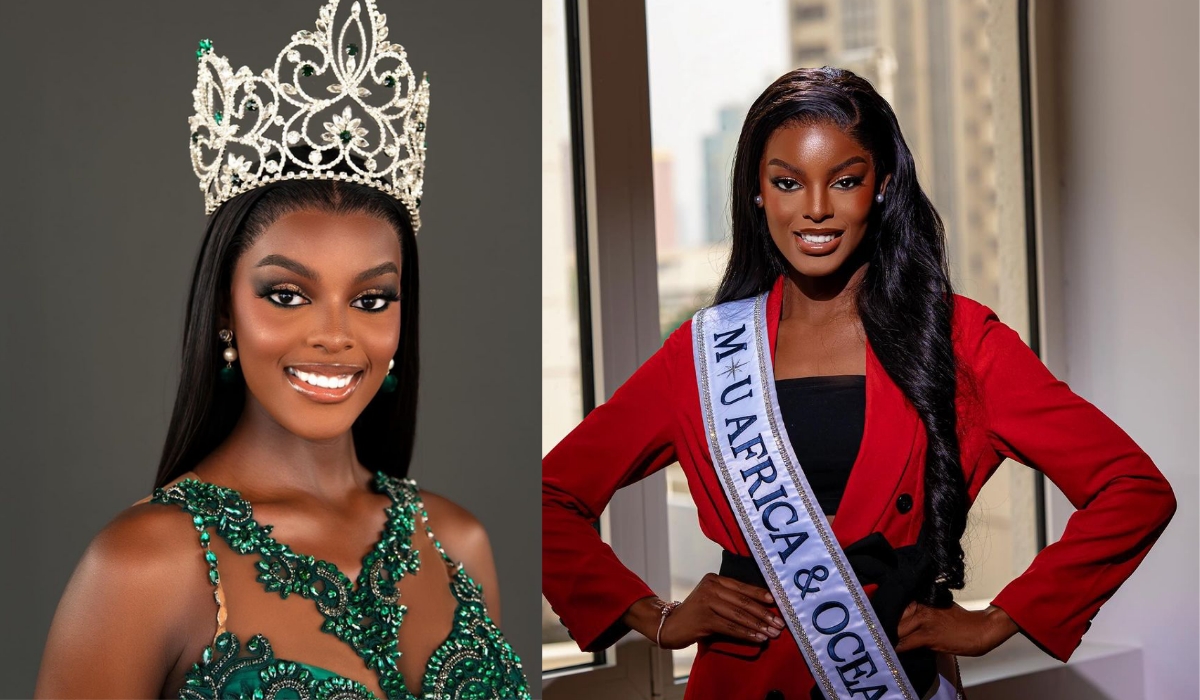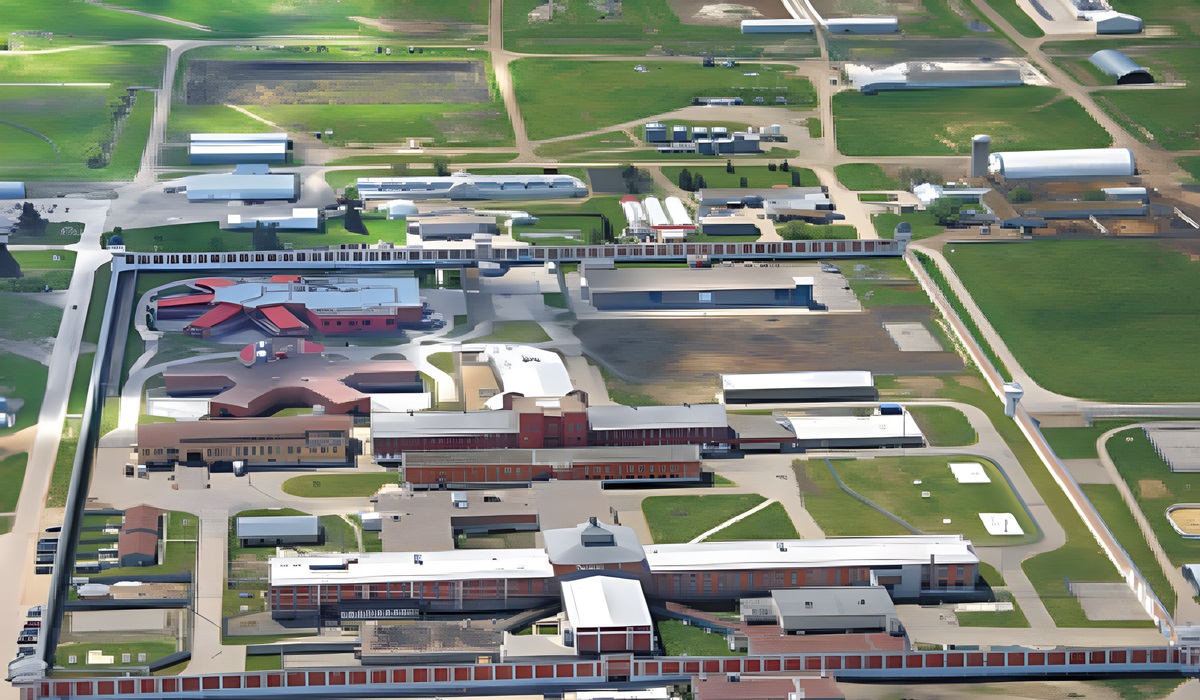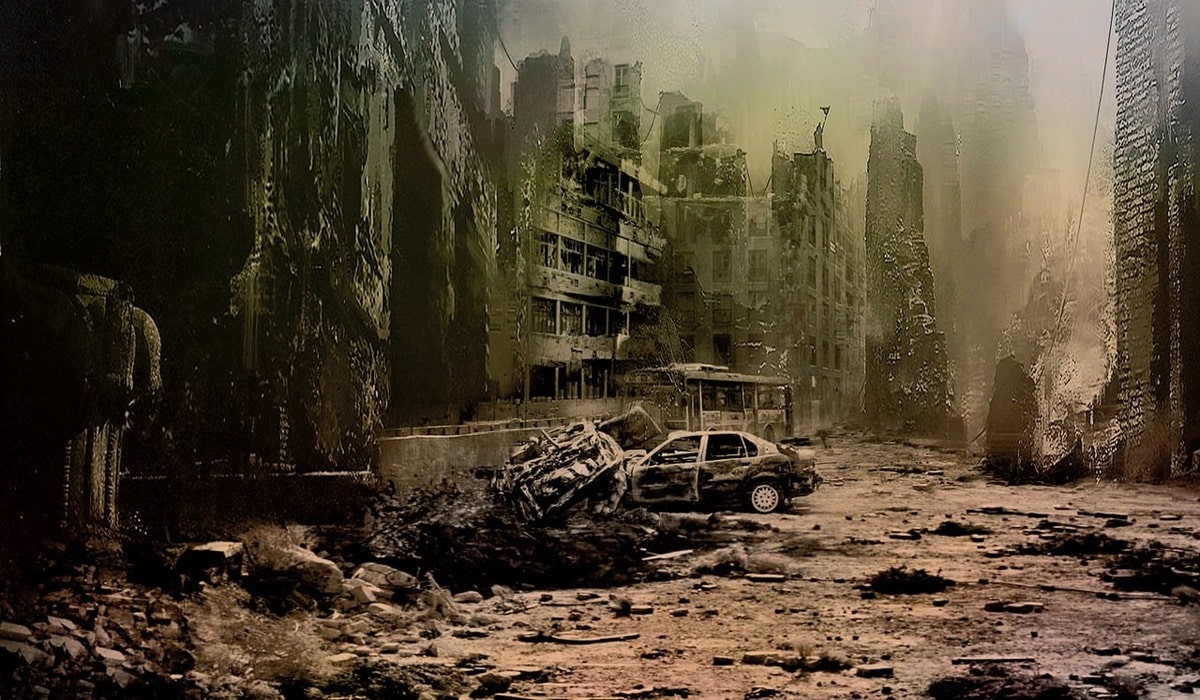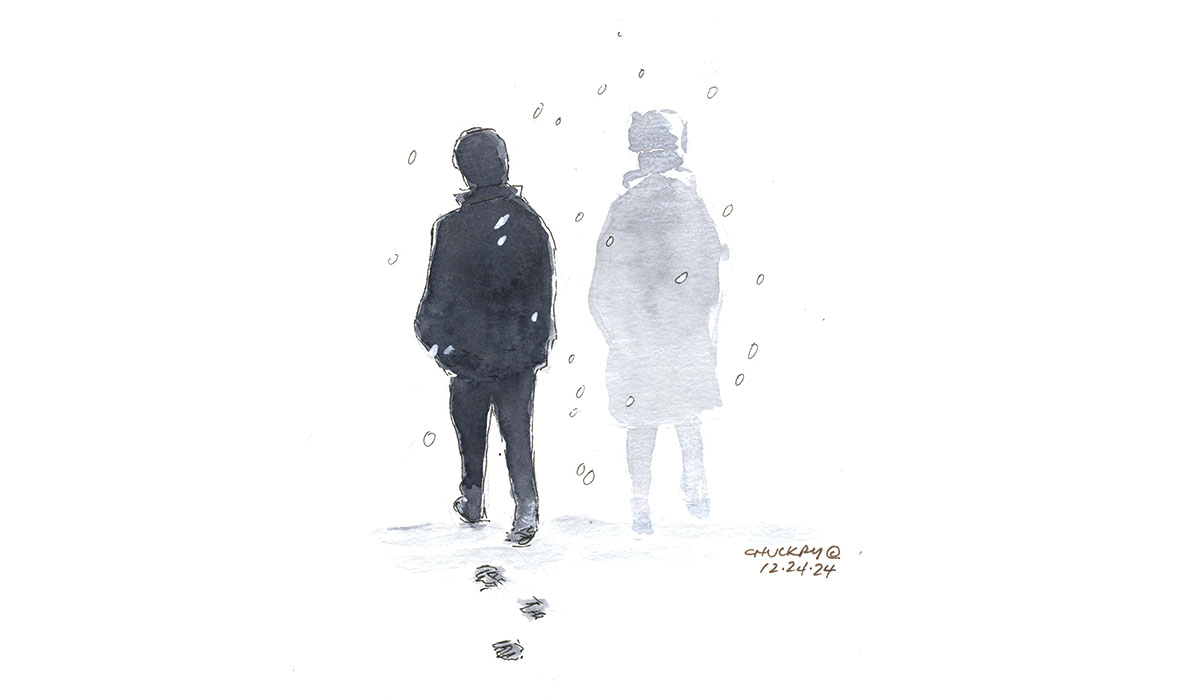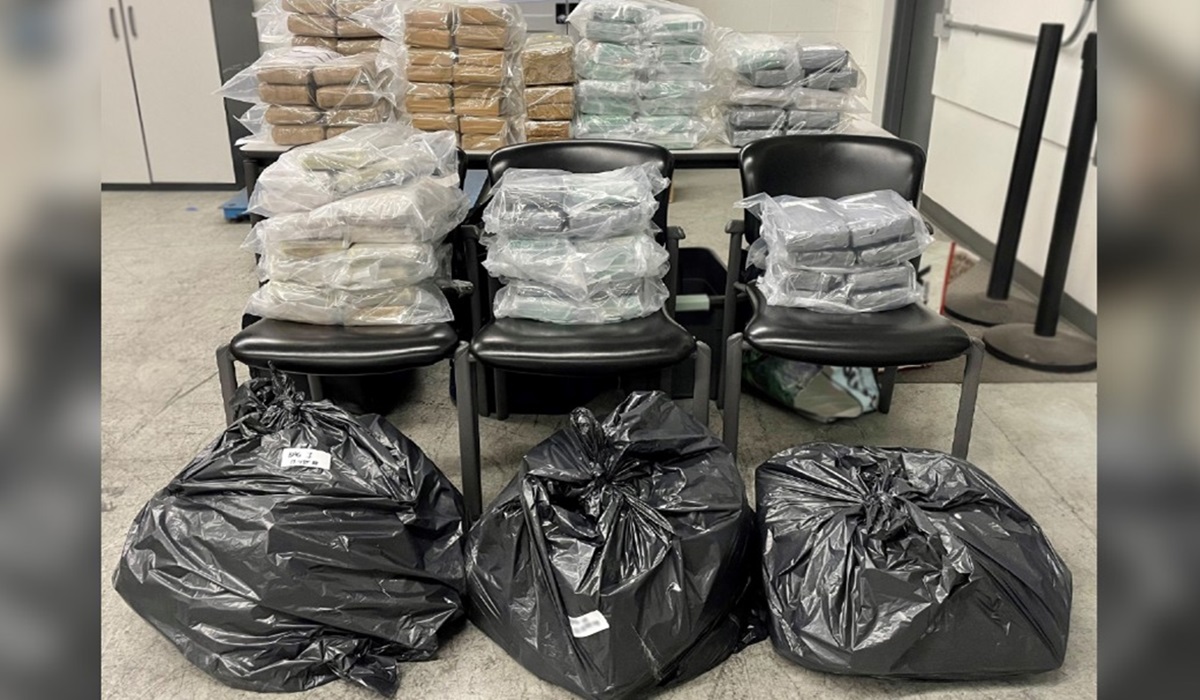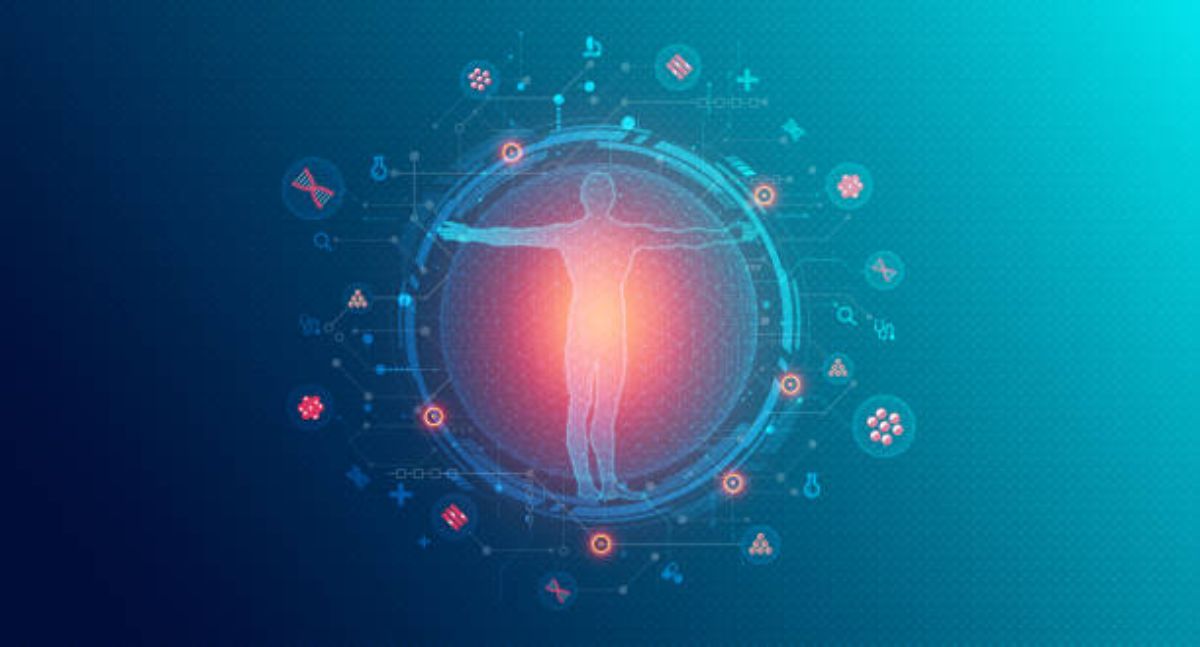Are We There Yet? A Reflection on Humanity’s Journey
- TDS News
- D.O.C Supplements - Trending News
- June 2, 2024
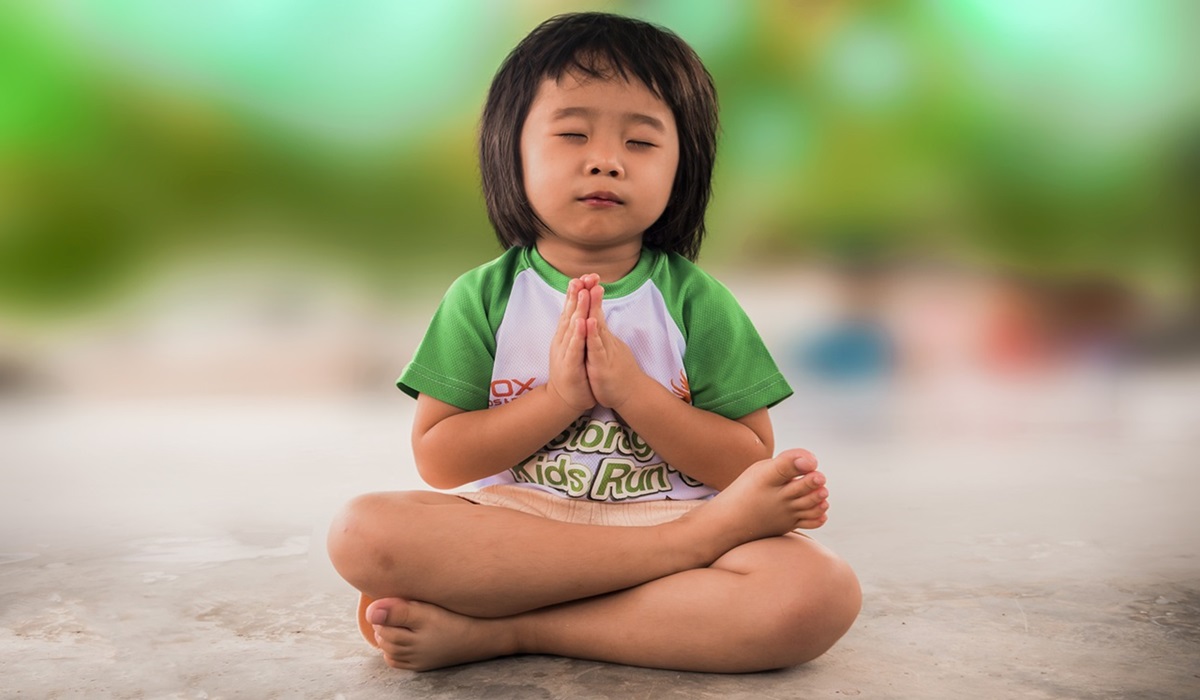
Image Credit, Truthseeker08
The question “Are we there yet?” echoes with profound significance throughout history. It is a query that touches on our collective aspirations, our persistent struggles, and our enduring hope for a better future. But what does it mean to be “there”? Is it world peace, universal happiness, the joy of seeing others thrive, or the pride in building a lasting legacy? As we ponder these possibilities, we must confront the reality of our current state and the obstacles that impede our progress.
Humanity has long been plagued by the scourge of war, discrimination, and inequality. Despite centuries of progress, these issues remain deeply embedded in our societies. Wars are fought over resources, power, and ideological differences, leaving devastation in their wake. Discrimination based on race, gender, religion, and other identities continues to marginalize and oppress countless individuals. Inequality, in its many forms, perpetuates cycles of poverty and disenfranchisement.
Why do we continue to engage in such destructive behaviors? At the core, it often boils down to a quest for power and control. Throughout history, those in power have used war and discrimination as tools to maintain their dominance. This desire for supremacy can be seen in the aggressive expansionist policies of empires, the institutionalized racism of colonial regimes, and the systemic gender inequalities that pervade many cultures.
Money and power are potent motivators that drive much of human behavior. They offer a sense of security and influence, which can be intoxicating. However, the pursuit of these goals often comes at a great cost. Economic inequalities widen as wealth concentrates in the hands of a few, leading to social and political unrest. The pursuit of power can lead to corruption, as leaders prioritize their own interests over the well-being of their people.
Yet, it is not just the desire for money and power that drives conflict and discrimination. Sometimes, it is simply a matter of ignorance and fear of the unknown. People are often wary of those who are different from themselves, leading to prejudices and xenophobia. This fear can be exploited by those in power to manipulate public opinion and justify oppressive policies.
If we are to ask, “Are we there yet?” we must first define what “there” means. Is it a state of world peace where nations coexist harmoniously without conflict? Is it a society where happiness is attainable for all, free from the burdens of discrimination and inequality? Is it a world where the joy of seeing others succeed is valued over personal gain? Or is it the satisfaction of building a legacy that benefits future generations?
World peace is an ideal that has been dreamed of for centuries, yet seems perpetually out of reach. Conflicts, both large and small, continue to erupt around the globe, fueled by historical grievances, territorial disputes, and ideological differences. Achieving lasting peace requires not only the resolution of these conflicts but also a fundamental change in how we view and interact with one another.
Universal happiness is another noble goal, but it is equally complex. Happiness is subjective and can be influenced by a myriad of factors, including economic stability, personal relationships, and mental health. While some progress has been made in improving the quality of life for many, there are still significant disparities that must be addressed.
The joy of seeing others thrive and the pride in building a legacy are aspirations that speak to our innate desire for connection and purpose. They remind us that our actions have a lasting impact on the world and that we have a responsibility to contribute positively to society.
History is replete with examples of humanity repeating the same mistakes. From the rise and fall of empires to the cycles of oppression and rebellion, it seems we are often doomed to repeat our past. Why do we continue to make the same errors despite the lessons of history?
One reason is that the structures of power and society are slow to change. Those who benefit from the status quo have little incentive to alter it, and they often resist efforts to reform. Additionally, collective memory can be short, and new generations may not fully grasp the significance of past events.
Another factor is the complexity of human nature. We are driven by a range of emotions and desires, some of which can lead to harmful behaviors. Greed, fear, and prejudice are powerful forces that can override rational decision-making and ethical considerations.
Is there a solution to these enduring problems? If so, what might it look like? And are there those who prefer to maintain the status quo, even at the cost of progress?
Potential solutions must address both the symptoms and root causes of conflict, discrimination, and inequality. Education is crucial in this regard, as it can foster understanding and empathy. By teaching future generations about the dangers of prejudice and the value of diversity, we can cultivate a more inclusive and just society.
Political and economic reforms are also necessary. Policies that promote equality and social justice can help to level the playing field and reduce the disparities that lead to conflict. Additionally, fostering international cooperation and dialogue can help to resolve disputes peacefully and build a foundation for lasting peace.
However, implementing these solutions is challenging, particularly when faced with resistance from those who benefit from the current system. Overcoming this resistance requires collective action and the mobilization of public support. It also necessitates strong leadership and the willingness to take bold steps toward change.
As we reflect on the question “Are we there yet?” we must acknowledge that the journey toward a better world is ongoing. While we have made significant strides in some areas, there is still much work to be done. The path to world peace, universal happiness, and a just society is fraught with obstacles, but it is a journey worth undertaking.
In the end, “there” is not a fixed destination but a continuous process of growth and improvement. It is about striving to create a world where everyone can thrive and where our actions are guided by compassion and respect for one another. While we may never fully arrive at a perfect state, the effort to move closer to that ideal is what defines our humanity.
We must remain vigilant and committed to addressing the challenges that lie ahead. By learning from our past, embracing our shared humanity, and working together, we can make meaningful progress. So, are we there yet? Perhaps not, but with determination and hope, we can get closer each day.

